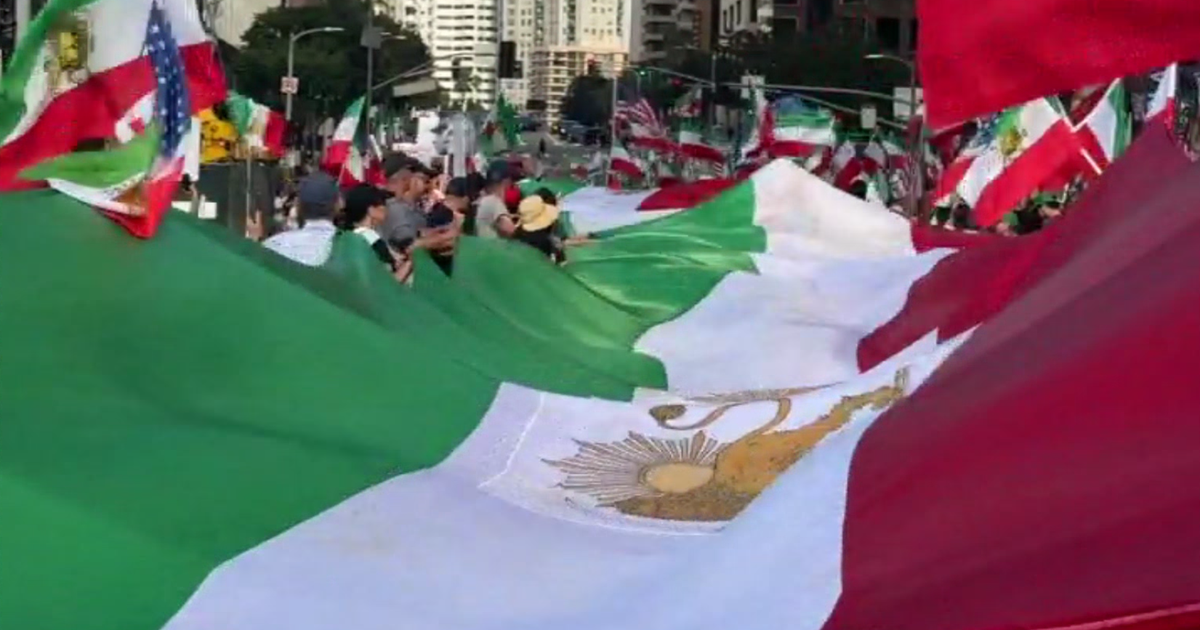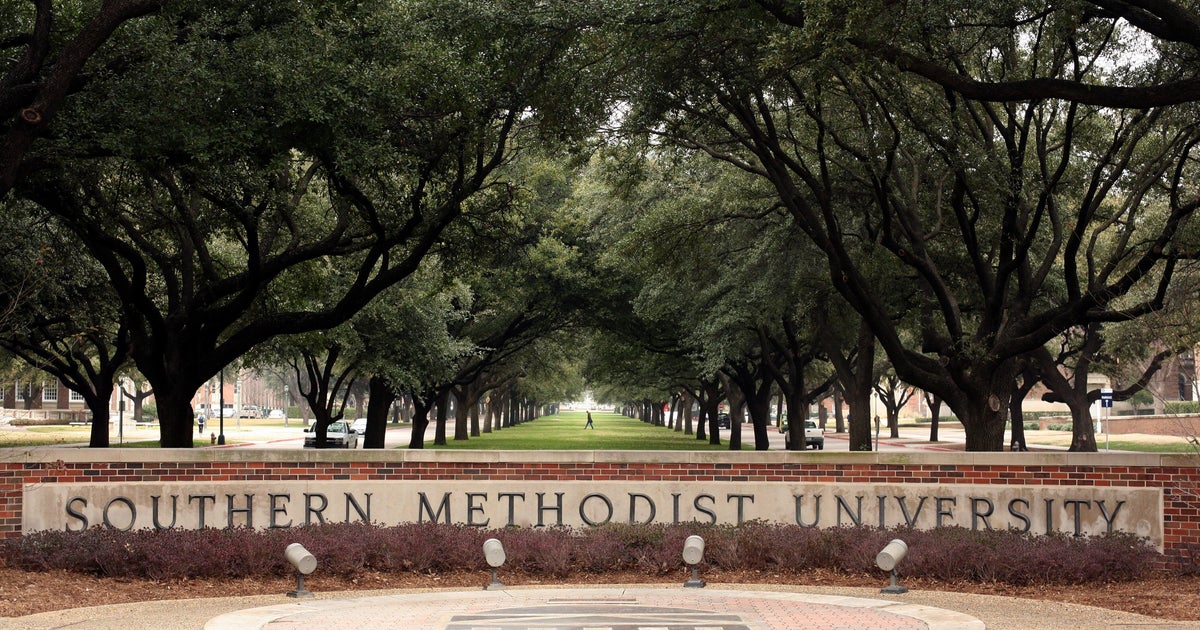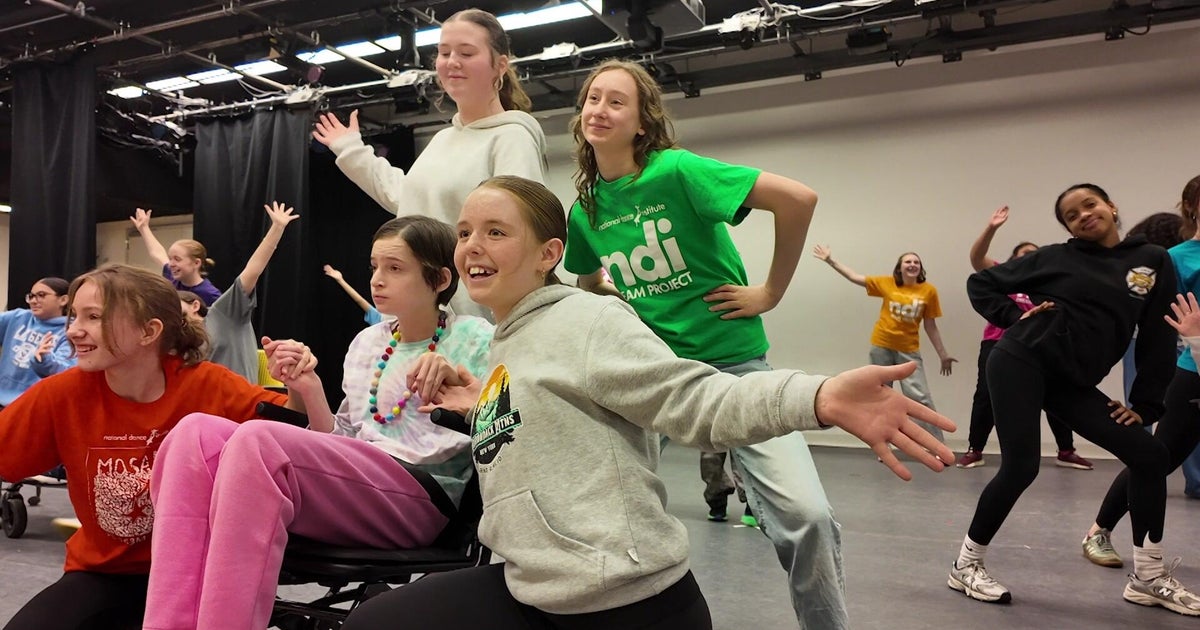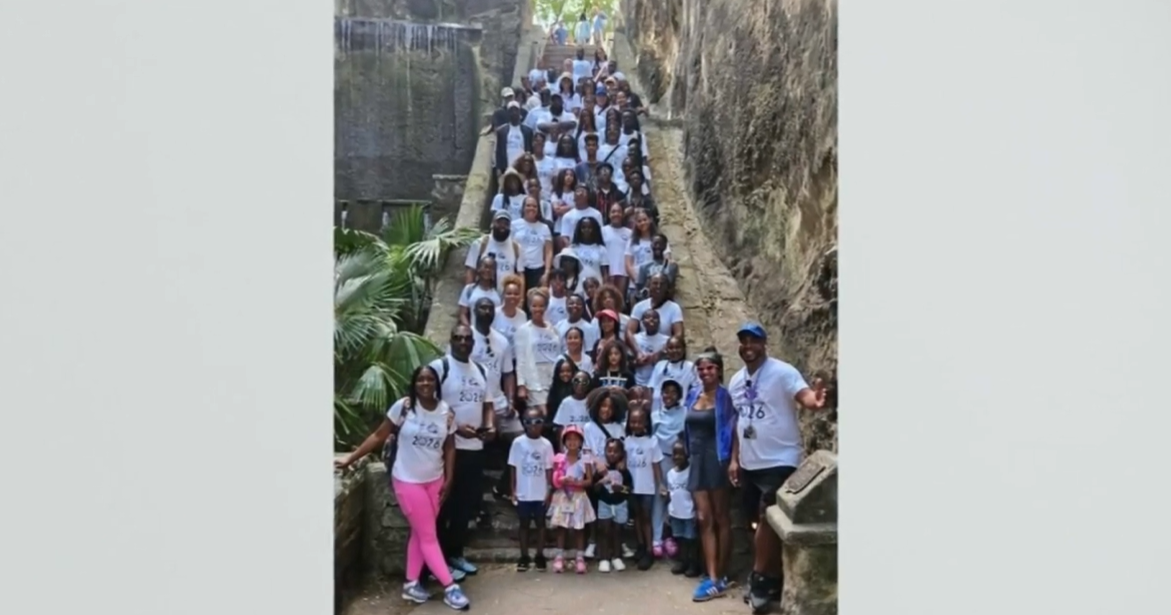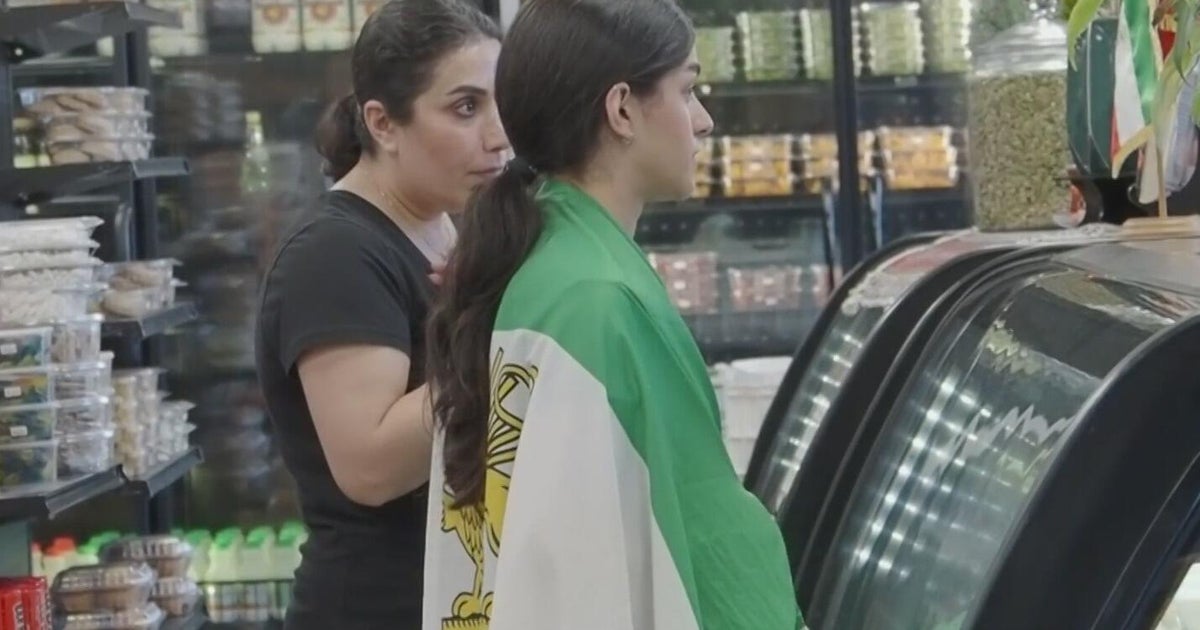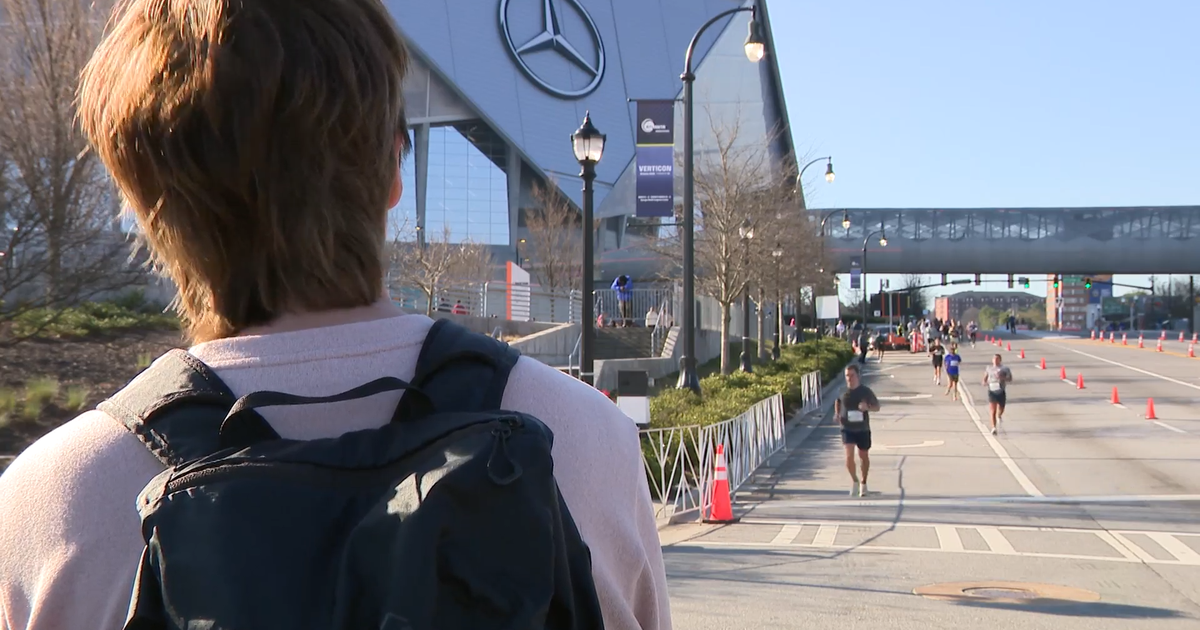Bush Institute To Unveil Freedom Collection
DALLAS (AP) - The George W. Bush Institute planned Wednesday to put online its collection of video interviews and documents that tell the stories of those who have participated in freedom movements around the world.
Former President George W. Bush and first lady Laura Bush will introduce the Freedom Collection at an evening event that will include remarks via video teleconference by Liberian President Ellen Johnson Sirleaf, who has contributed to the collection.
The collection is an archive of interviews with those who have fought against oppressive regimes from the 20th century to present day and documents related to that struggle. In addition to being online, the collection also will have a physical home at the institute, which is part of the George W. Bush Presidential Center being built on the Southern Methodist University campus in Dallas.
"Our hope is that by putting a human face on the movement we can remind them of U.S. support for them," said Kristen Silverberg, former U.S. ambassador to the European Union who has been advising the institute on the collection.
The collection includes an interview of Vaclav Havel conducted less than a year before his death in December. The dissident playwright led the 1989 revolution that toppled four decades of communist rule in what was then Czechoslovakia.
The Dalai Lama also participated and donated an early draft of what became the 1963 Tibetan Constitution to the collection.
Silverberg said that during his presidency, Bush met with more than 100 dissidents from all over the world.
"Those experiences, I think, really helped to inform his understanding of movements on the ground, his understanding of the importance of U.S. policy in influencing the success of those movements, so we hoped to replicate those experiences as best we could by doing video interviews of dissidents from really every region of the world and asking them what worked and didn't work. What were the things that compelled them to join those movements?" Silverberg said.
Also included in the interviews is Kang Chol Hwan, who spent much of his childhood in a North Korean labor camp before escaping the country to lead a dissident movement from Seoul.
Silverberg said Bush met with Kang after reading his book.
"North Korea is such a closed society, there's so little information that comes in and out of the country that there's really no substitute for hearing from somebody who can really describe with accuracy what conditions are like for people living there," Silverberg said. "I think that was a very important meeting because it gave the administration a window into this incredibly closed and oppressive regime."
She said is it hoped that the collection will be a resource for the American people, in addition to dissidents themselves.
"One of the things that has come up in interviews is that these dissidents turn to each other," Silverberg said.
Silverberg said the collection so far includes 56 interviews and will continue to grow.
"It's our hope that this will be a very large collection," she said.
At the launch Wednesday, artifacts will be donated to the archive on behalf of Dr. Oscar Elias Biscet Gonzalez, who spent 12 years in Cuban prisons for his beliefs and remains in Cuba as a voice for democracy. The artifacts being donated on his behalf include the Presidential Medal of Freedom that Bush awarded to Biscet in absentia while he was in prison.
According to a statement, Bush spoke Tuesday by phone to Biscet, telling Biscet that he admires his faith.
Bush also told him, according to the statement, "I want you to know there are a lot of people who admire you and respect you and will continue to pray for you."
(© Copyright 2012 The Associated Press. All Rights Reserved. This material may not be published, broadcast, rewritten or redistributed.)
Also Check Out:
